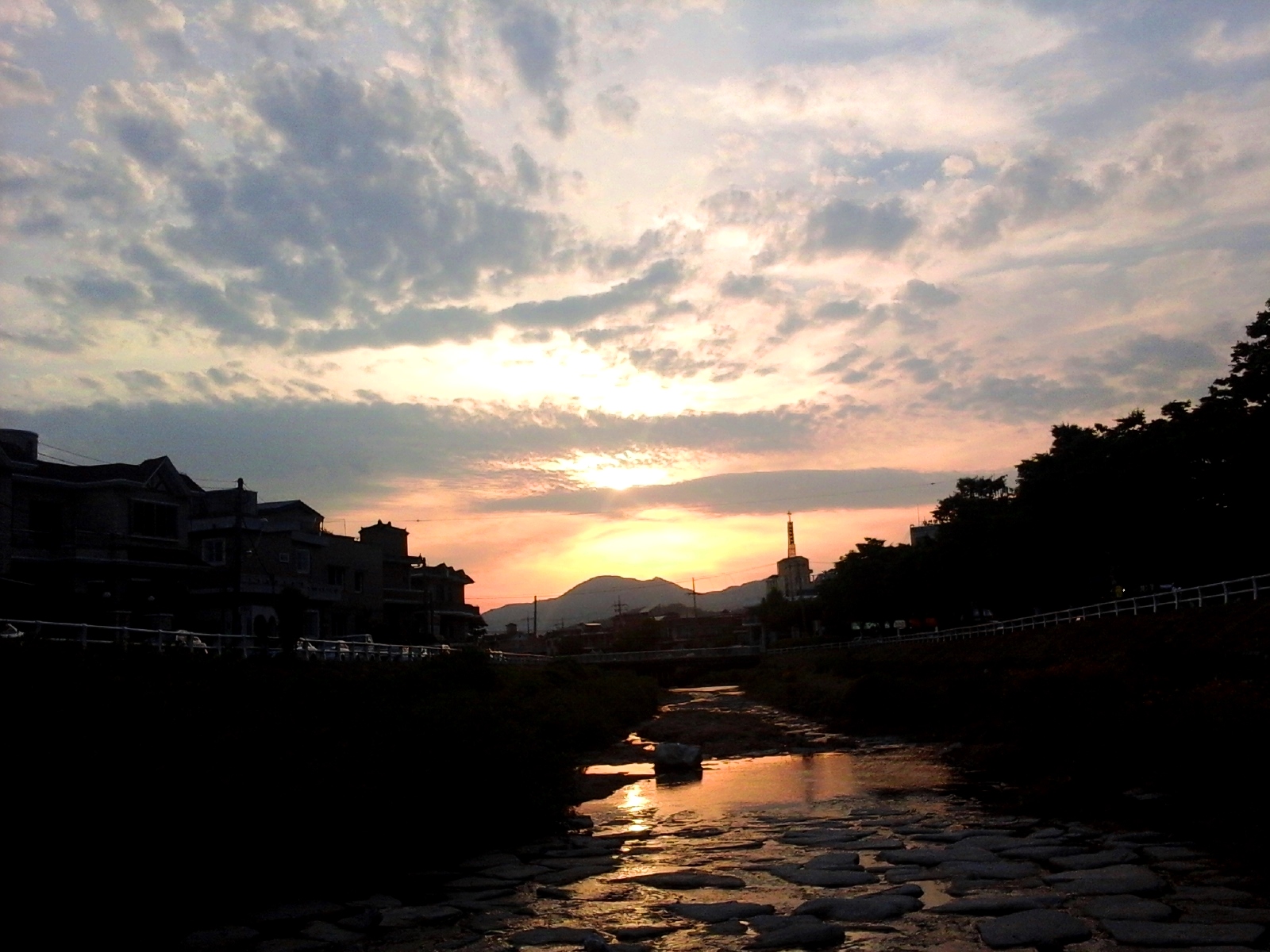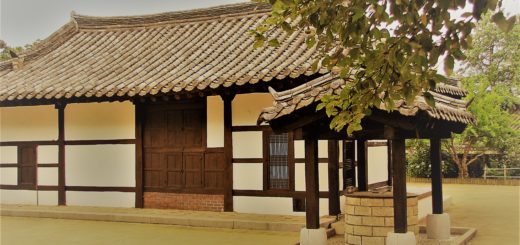Root Causes of Mortality
So it turns out that almost every single Italian who has died “from” the coronavirus had an underlying preexisting health condition. In other words, this bad flu bug hit them when they were already weakened by something, causing complications for their already compromised health — just like the common flu does to thousands of people every year. Gee, who could have predicted that?
Let me provide further clarification on the meaning of all this, courtesy of the archaic pseudo-science of common sense.
First of all, I have maintained throughout this “crisis” that the Italian mortality rate, which everyone in the media cites when they are trying to create pandemonium in public perceptions — which is why we hear so much about Italy these days — is based, even more extremely than everyone else’s mortality rate, on a comparison of deaths to a number of confirmed cases which bears no relation to any plausible estimate of real infections in the country. In other words, the Italians have been inept at recording the spread of the disease, such that they in fact have absolutely no idea what the real mortality rate might be. It is certain that the real number, if it could ever be known, would be vastly lower than the current alarmism being thrown around by the “experts.”
Secondly, however, I would like to be even more brazen now, and apply this ancient quack science of common sense to the issue of so many Italians with underlying conditions being felled by this glorified flu virus.
Korea, where I live, is a low-birthrate country, which means its population is top-loaded with older people. Italy is another such country. And yet few Koreans have died from complications of the coronavirus, whereas very many Italians have died from complications of the coronavirus. Why would this be?
Answer from the lost art of simple reasoning: Koreans are, on the whole, much healthier than Italians. Their normal diet is healthier, they rarely allow themselves to get fat, they exercise more regularly, and — most significantly in this case — they don’t stop living actively and healthily with age.
As most of you know, I am an indefatigable, almost obsessive, walker. I regularly walk on a long trail near my home. Unlike trail walks in North America, I am never alone during these walks for a minute. There are always many other walkers on the trail. And, though I have never done an official count, I would conservatively estimate that at least half of these other walkers are older than I, often much older.
Koreans, probably because their nation was poor until barely a generation ago, do not follow the Western life pattern of retiring as early as possible, with “retirement” meaning not just leaving one’s job, but leaving behind all the habits of daily life that indicate a person still actively trying to live. The Western fantasy of retiring “to travel,” “to relax,” “to do nothing,” is just a euphemism for letting go of one’s will to live. Koreans — particularly older Koreans, who worked, and watched their parents work, so hard all their lives just to survive — are much less likely than their Western counterparts to shrivel up next to the radio for twenty years. They keep doing things, productive and useful things, that give life purpose, and keep the mind and body fit much later into life.
It is quite normal in Korea, a mountainous country in which hiking is a traditional national pastime, to see people over sixty-five, and often well over sixty-five, trekking up steep mountain paths, working their hiking poles like Sherpa guides in the Himalayas, and commonly pacing right past younger but less experienced hikers.
And this disparity in national health, and particularly national health among older people, is not going to be helped by this moment of national lockdowns and effective house arrest being instituted throughout the West. In Korea, which was the second epicenter of the outbreak after China, the economy has suffered from this virus, as most people are nervous to go to restaurants and cafes, large events are cancelled due to lack of ticket sales, factories cannot get necessary parts from China, and so on. But the trails are still busy with walkers, because Korea never turned tyrannical over this virus, unlike the West, where governments have shown themselves only too eager to leap on this little problem as an excuse to test the limits of their populations’ willingness to comply. And it turns out there is no limit. Nations under house arrest, requiring government permission to leave their homes, barred from going to public exercise facilities, are only going to become more sedentary and less active — glued every minute to their computers and televisions for “updates” and “expert opinion” about the Pandemic that Ate a Planet.
New Yorkers are not allowed to go to the gym, unless they are named Bill de Blasio. Gyms never closed in Korea. Early on in this crisis, President Moon Jae-in, a full-blown socialist, nevertheless made the very reasonable and noble declaration that in a democracy, the state can give advice and recommendations, but it cannot simply command people not go out and live their lives as they wish.
When a Korean socialist is the last elected leader on Earth who sounds like he understands what limited government means — and understands that a crisis, far from suspending that meaning, is in fact the essential test of that meaning — the world is in a heap of trouble.
I live in Korea, which has more coronavirus cases, in a geographically tiny nation, than almost any other country. Yet the gyms and restaurants here are open, unless the owners close them voluntarily. People are trying, as far as possible, to carry on with their daily lives. And they are not restricted from doing so by totalitarian police state edicts and roadblocks. People here, barring those diagnosed with the virus of course — along with extraordinary cases such as entire churches or apartment blocks in the city of Daegu where large numbers of cases have been confirmed — remain free to move, leave their homes, exercise, and meet their families and friends.
Suddenly, Korea looks and feels like the last semi-free nation on Earth, i.e., the last nation where the government shows even a hint of regard for its constitutional restraints. That’s a frightening thought, but I suppose it shouldn’t be surprising to me, as I have been writing about the decay of the West for many years. We are seeing the full flower of that decay now. Tyranny in full throttle, and meeting with barely a peep from the fearful, submissive “masses” begging for an all-powerful State to save them from they know not what.
We will probably never know the true mortality rate of this coronavirus pandemic. The mortality rate on modern liberty, however, is becoming all too clear.



